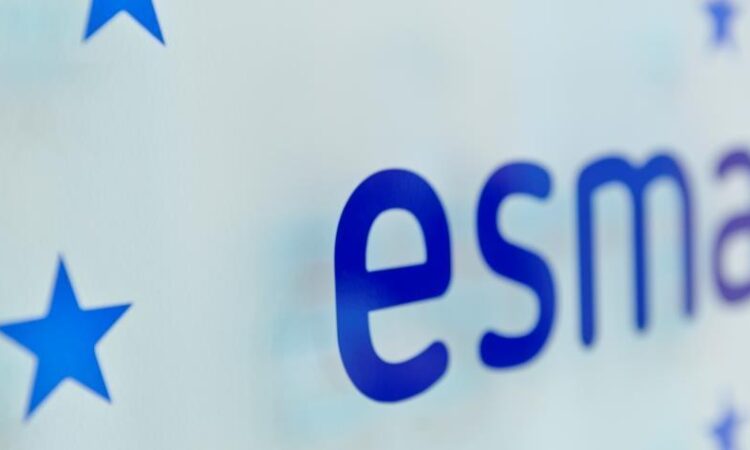
Europe’s financial markets supervisor has published its final guidelines for how asset managers can use words like ‘sustainability’ and ‘ESG’ in fund names.
The European Securities and Markets Authority (ESMA) has confirmed that it has scrapped the distinction between funds using sustainability-related terms in their titles, and those using ESG-related terms.
The decision came after pushback from some parts of the investment industry, who argued that the terms ‘ESG’ and ‘sustainability’ were often used interchangeably and shouldn’t be treated differently by supervisors.
In the final guidelines, funds are required to have 80% of their assets allocated to investments aligned with the sustainability objectives of the EU’s Sustainable Finance Disclosures Regulation (SFDR).
All funds using words such as ‘environmental’, ‘impact’ or ‘sustainability’ should exclude assets that fall foul of screening criteria laid out in the EU’s Paris-aligned Benchmarks regulation, which includes a ban on the most polluting electricity and oil and gas companies.
Tom Willman, regulatory lead for data provider Clarity AI, said that “while much of the commentary has focused on meeting the 80% threshold of assets […] applying the exclusions from the Paris Aligned Benchmark regulation may be a tough task for much of the industry”.
“Funds will need to collect data in order to ensure that they are not exposed to any assets involved in tobacco, controversial weapons, or breaches of global norms, and that fossil fuel-related activities are limited and below a certain threshold,” he added.
A category for transition-related fund names has been introduced into the guidelines, having been proposed by ESMA back in December. Those funds will have to comply with the exclusions laid out in the less strict methodology for Climate Transition Benchmarks (CTB).
Funds using the terms ‘social’ and ‘governance’ must also adhere to CTB exclusion criteria, according to the final guidelines.
Speaking to IPE, Will Martindale, managing director of consultancy Canbury Insights and former head of sustainability at investment house Cardano, said it was important that the European Union introduced rules to minimise greenwashing in the asset management industry.
But he added that he was concerned that ESMA’s guidelines were based on vague definitions.
“Without an official definition of ‘sustainability’, it’s difficult to see how these kinds of rules can be enforced,” he said. “Because every asset manager will have its own, subjective sustainability methodology.”
The European Commission has resisted calls for it to develop a definition of sustainability, for fear of making the space overly prescriptive.
ESMA’s guidelines, set to take effect in three months’ time, are part of the Cross-Border Distribution of Funds Directive. They are intended to mirror similar rules recently introduced by the US Securities and Exchange Commission.
Existing funds will have six months to fall in line with ESMA’s expectations, while funds created after the guidelines come into force must comply immediately.
ESG regulation overload
The guidelines are published in the same week that the president of Germany’s financial watchdog, BaFin, complained about the complexity of the EU’s sustainable finance policies.
Speaking at an event on Tuesday, Mark Branson, BaFin’s president, called for a “simplified and streamlined” approach to what he described as a currently “highly complex” ecosystem of ESG legislation.
Yesterday, consultancy SB+CO echoed this sentiment in a report looking at how sustainability and sustainable finance practitioners were coping with the implementation of the EU’s Corporate Reporting Sustainability Directive.
“Our strong view at SB+CO, based on the conversations we’ve had, is that the practitioner voice is not currently being heard strongly enough by EFRAG,” said the report, referring to the European Financial Reporting Advisory Group.
It called for a new body to be formed, comprising practitioners, “to shape and refine guidance before publication could help to avoid further complications”.






